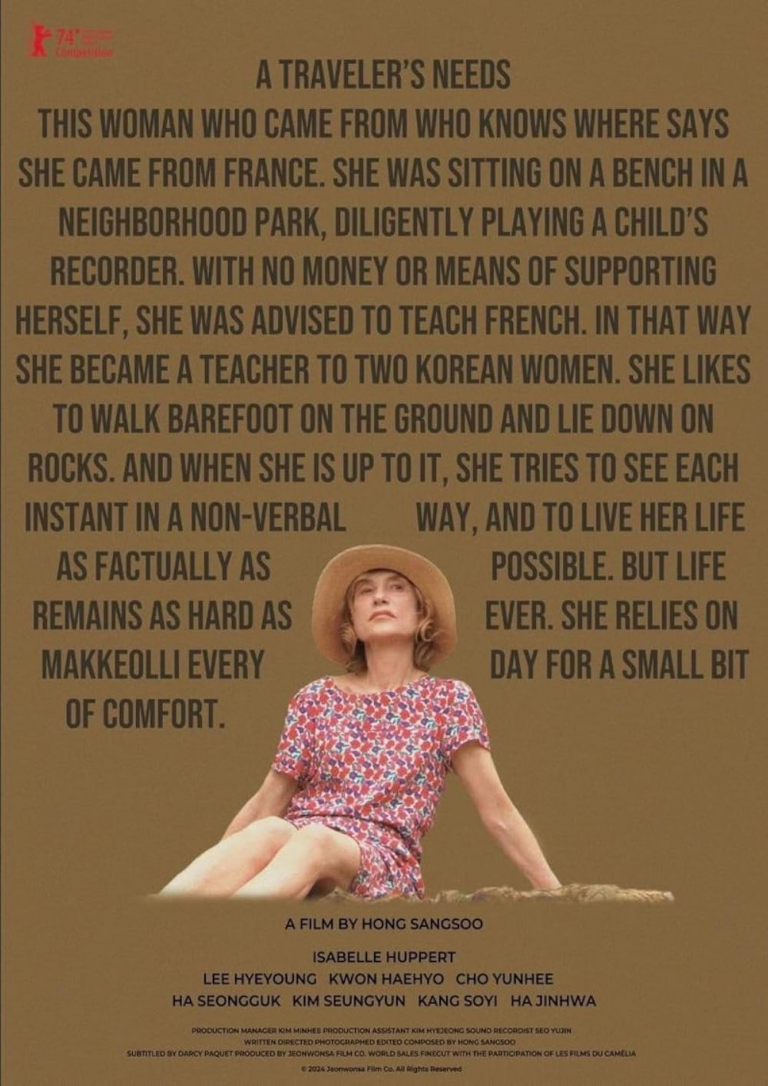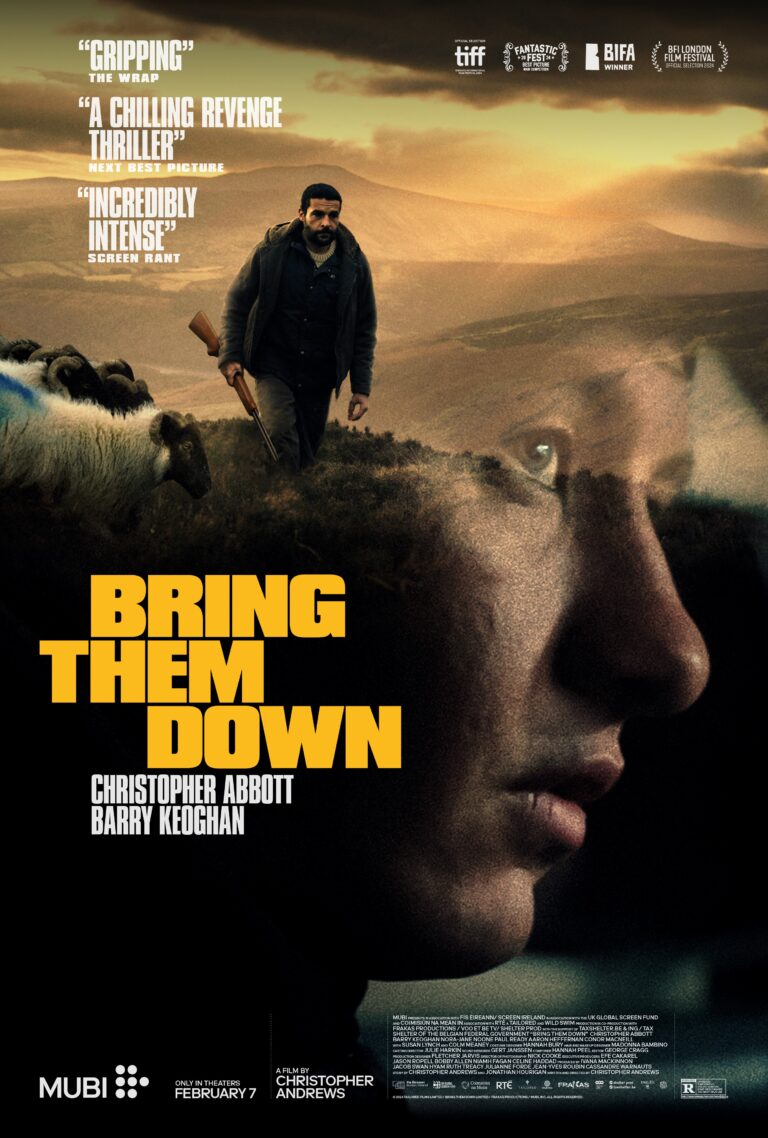Lady Bird Christian Review

Some films have this uncanny way of reaching into the deep places of your heart without you realizing it — they draw out your own half-buried memories and present them back to you, dressed in a different story. That’s what Lady Bird feels like. From the very first scene, with the dramatic leap out of a moving car, you know you’re in for something unique. The film is as chaotic and full of contradictions as adolescence itself, but Greta Gerwig’s directorial debut captures that tumult in a way that makes you laugh and cry almost at the same time.
If you’ve ever found yourself simultaneously longing to escape your hometown and still feeling oddly possessive about it, or ever lashed out at the people you love most, then Christine “Lady Bird” McPherson’s story is bound to feel personal. But what sets this film apart is not just the relatability of its angst-ridden protagonist. It’s the way Gerwig infuses every character with depth, complexity, and most importantly, grace.
Imperfectly Perfect: Characters That Get Under Your Skin
The magic of Lady Bird is that it doesn’t let you off easy. You can’t pigeonhole its characters. Christine is self-absorbed, melodramatic, and often oblivious to the needs of others. Her mother, Marion, is a blend of fierce love and biting criticism — never one without the other. Their relationship isn’t the neat kind you see in your average coming-of-age flick, where a rebellious daughter and a controlling mom are reconciled with a teary-eyed embrace in the third act. Instead, it’s the sort of relationship that mirrors real life: there’s love, there’s pain, and there are apologies that will never be spoken out loud.
The Bible speaks of honoring one’s parents (Exodus 20:12), but what does that look like when you’re 17, headstrong, and bent on carving out your own identity? Christine’s stubbornness is frustrating — she insists on being called “Lady Bird,” as if the nickname could somehow transform her from a frustrated Sacramento teenager into the person she wants to become. Watching her fight against her mother’s expectations, her school’s rules, and even her own insecurities, I couldn’t help but think of the Prodigal Son (Luke 15:11-32). He too thought he had to leave home to find his true self, only to discover that home had shaped him more deeply than he’d realized.
And what of Marion, Lady Bird’s mother? It’s easy to write her off as overbearing and unsupportive, but that would be missing the point. She’s worn down by financial pressures, worried sick about how to provide a better life for her daughter, and terrified that the sacrifices she’s made won’t be enough. There’s a scene where she drives around Lady Bird’s college campus, alone in her car after a goodbye that ended abruptly. It’s heartbreaking in its simplicity — a mother mourning the separation she’s spent years dreading, yet has no way of articulating.
Laughing Through the Pain: Finding Humor in Vulnerability
One of the film’s greatest strengths is its humor. This isn’t the kind of comedy that relies on punchlines or pratfalls. Instead, it’s the humor of recognition — the kind that makes you laugh because you’ve been there. When Lady Bird claims she lives “on the wrong side of the tracks,” and her brother’s girlfriend dryly responds, “You actually live across the tracks,” it’s funny because we all know what it’s like to dramatize our own experiences, to make our lives sound a little more cinematic than they really are.
But Gerwig never lets the humor become mean-spirited. Even when Lady Bird is being ridiculous, or Marion is pushing too hard, there’s a tenderness underneath it all. Watching it, I was reminded of Proverbs 15:13: “A glad heart makes a cheerful face, but by sorrow of heart the spirit is crushed.” Laughter, in this film, is a way of preserving that glad heart, of acknowledging the brokenness without letting it crush the spirit. It’s the kind of laughter that you need to get through the hard days — the days when you’re not sure if your mom hates you, or if you hate her, or if it’s all just love that’s become tangled up in the mess of life.
Searching for the Self: The Journey of Becoming
At its core, Lady Bird is a film about identity — about the messy, painful process of figuring out who you are. Lady Bird wants desperately to be someone extraordinary. She wants to go to a prestigious East Coast college, live in a city “with culture,” and leave behind everything that feels ordinary and stifling about Sacramento. But as she tries on different personas — the quirky theater kid, the cool girl dating the musician, the artsy intellectual — it becomes clear that she’s not just running toward something. She’s also running away.
This is something I think a lot of us can relate to. It’s easy to look at our lives and think that if we were just somewhere else, or knew different people, or looked a little different, then we’d be who we’re supposed to be. But as Lady Bird starts to realize, you can’t escape yourself. Wherever you go, you take your fears, your insecurities, and your past with you.
The film doesn’t offer easy answers. There’s no moment where Lady Bird suddenly becomes wise or mature. Instead, there’s a gradual softening, a recognition that the very things she’s been rejecting are part of who she is. She learns to appreciate her flawed, complicated parents. She sees her hometown not as a trap, but as a place that has shaped her. It’s a journey that mirrors the Christian experience of identity — a journey of becoming who God has made you to be, not by running away from your roots, but by growing through them.
Faith and Grace: Finding the Sacred in the Everyday
Although Lady Bird isn’t explicitly a film about faith, it’s infused with a sense of grace that’s hard to ignore. The film is set in a Catholic high school, where nuns and priests play a significant role in Lady Bird’s life. Sister Sarah Joan, in particular, is a figure of quiet wisdom. She doesn’t preach or judge; she simply sees Lady Bird and gently encourages her to embrace her own story.
There’s a beautiful scene where Lady Bird, at her lowest, wanders into a church service. She’s not there to pray or repent; she’s just looking for a place to be. But as she sits quietly, watching the choir sing, there’s a sense of peace that settles over her. It’s a fleeting moment, but a profound one — a reminder that grace can find us even when we’re not looking for it, that God’s presence is there in the mundane and the messy.
Final Thoughts: A Film About Love, In All Its Forms
In the end, Lady Bird isn’t just about a teenage girl trying to find herself. It’s about love — the fierce, imperfect love between mothers and daughters, friends and lovers, ourselves and our hometowns. It’s a love that’s often expressed through shouting matches and tearful goodbyes, but it’s love all the same. As a Christian viewer, I saw echoes of God’s own unrelenting love in this messy human love — a love that persists even when we’re at our worst, that never gives up on us even when we’re trying to run away.
So I’d give Lady Bird a 9 out of 10. It’s not perfect, but it’s honest, heartfelt, and full of grace. It’s a film that sees people as they are — flawed, beautiful, deserving of love — and invites us to do the same. And that, in its own quiet way, is something truly special.





